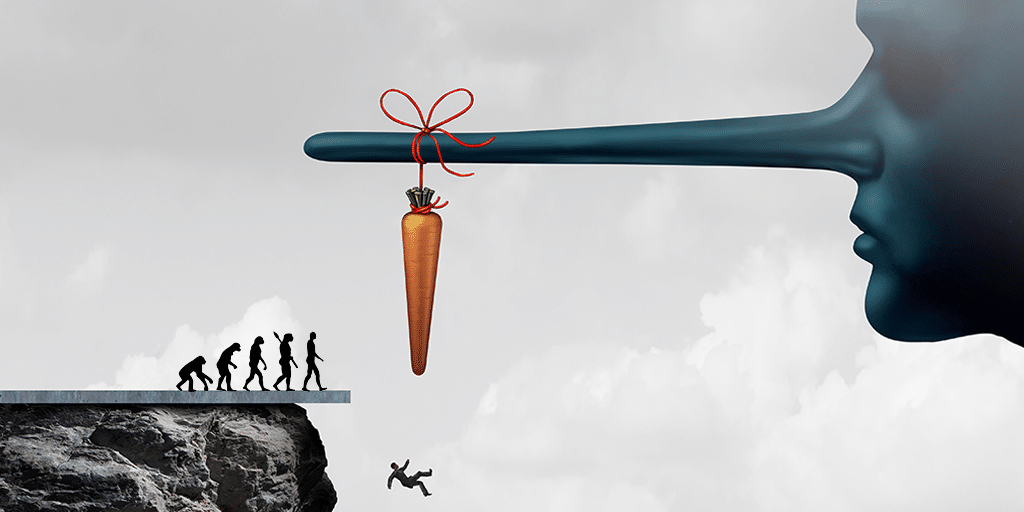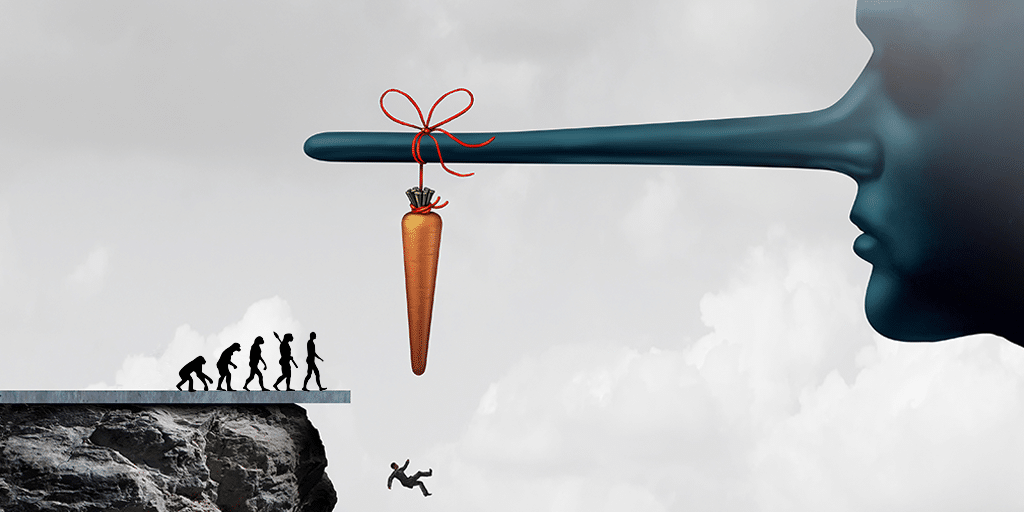Changing Science?
| By: Jim Virkler; ©2007 |
Some people do not trust the conclusions of science, particularly when its findings do not agree with what they would like to hear. For example, who wants to hear that her favorite food is an artery clogger laden with calories? Or how about the couch potato who is told he must exercise to improve his health? On a more serious note, it is difficult for many folks to accept the wide ranging scientific evidence for a very old earth and universe when their theological tradition has taught them the earth is less than 10,000 years old. Many have defended the young earth paradigm by claiming science has changed many times in its conclusions about the earth’s age, so why should we trust science now?
What is the appropriate response to suspicions about “changing science?” First, we must understand that the possibility of changing and revising conclusions is a strength of science, not a weakness. The best scientists welcome the opportunity to test a new hypothesis in the light of new and better evidence. If “changing science” is used as an excuse for rejecting findings with which we don’t agree, we might ask our doubters to…”Please, be consistent!” Would they reject the many improvements in automotive technology in the past thirty years just because the science which produced the improvements has changed? Would they spurn improved fuel efficiency, amazing new entertainment and communications systems, enhanced aerodynamic design, or new safety features just because they are products of “changing science?”
There are many examples of science “getting it right” after many years of “getting it wrong.” Centuries ago Copernican cosmology introduced the radical idea that the sun, not the earth, was the center of the solar system. Galileo, many years after Copernicus, empirically strengthened the concept with pioneering telescopic observations of Jupiter’s moons and phases of the planet Venus. Church leaders, in particular, offered stiff opposition, proclaiming that such a belief was contrary to literal interpretations of scripture. Even today, some of the strongest objections to the findings of science come from religious people. This blog will continue to affirm that correct interpretations of science always harmonize with correctly interpreted scripture.
http://jasscience.blogspot.com/2007/12/changing-science.html









